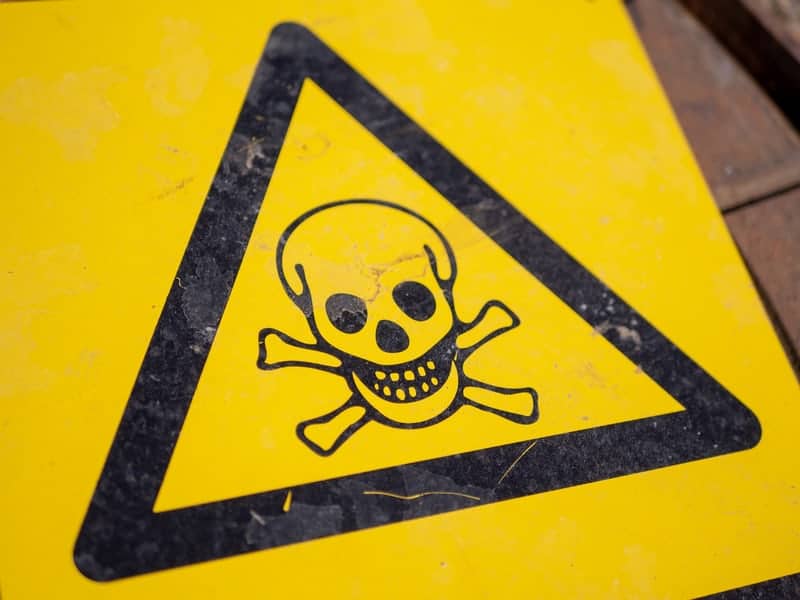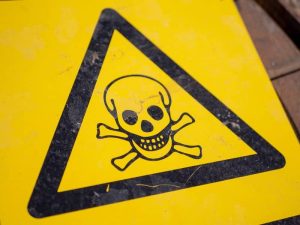
Dying without a will is detrimental to your estate.
You have been thinking about your own mortality.
What will happen when you die?
What legacy will you leave?
Will your loved ones be okay without you?
According to recent Forbes article titled “The Dangers Of Dying Without A Will,” the answer to this question depends on what you do.

The consequences of dying without a will are long-lasting.
How so?
You need to decide whether you prioritize creating a last will and testament.
Dying without a last will does not bode well for your loved ones.
Why?
With a last will in place, you can determine who inherits your assets as well as who you will rear your minor children if they are orphaned.
Without a last will in place, the state will make these choices for you.
The result may be contrary to your desires.
Adding to the misery, settling an "intestate" estate (i.e., dying without a last will) is more expensive because the probate will be more complicated and take longer than if you had a last will.
Is dying without a last will really this problematic?
Allow me to provide a few examples.
Are you remarried and have children from a previous marriage, you could either disinherit your own children or your current spouse.
Those who are single or cohabitating and die without a last will forfeit the opportunity to choose who receives an inheritance.
You estate will pass to parents and siblings rather than to a charity or your partner.
If you and your unmarried partner lived in a home you owned, he or she could be evicted when you die.
Although dying without a last will is detrimental, a DIY last will can have similarly unfortunate results.
Working with an experienced estate planning attorney can help you ensure your estate plan is legally valid and meets your specific goals.
Reference: Forbes (April 20, 2020) “The Dangers Of Dying Without A Will”
REMEMBER: “The choice of a lawyer is an important decision and should not be based solely upon advertisements.”
This statement is required by rule of the Supreme Court of Missouri.
